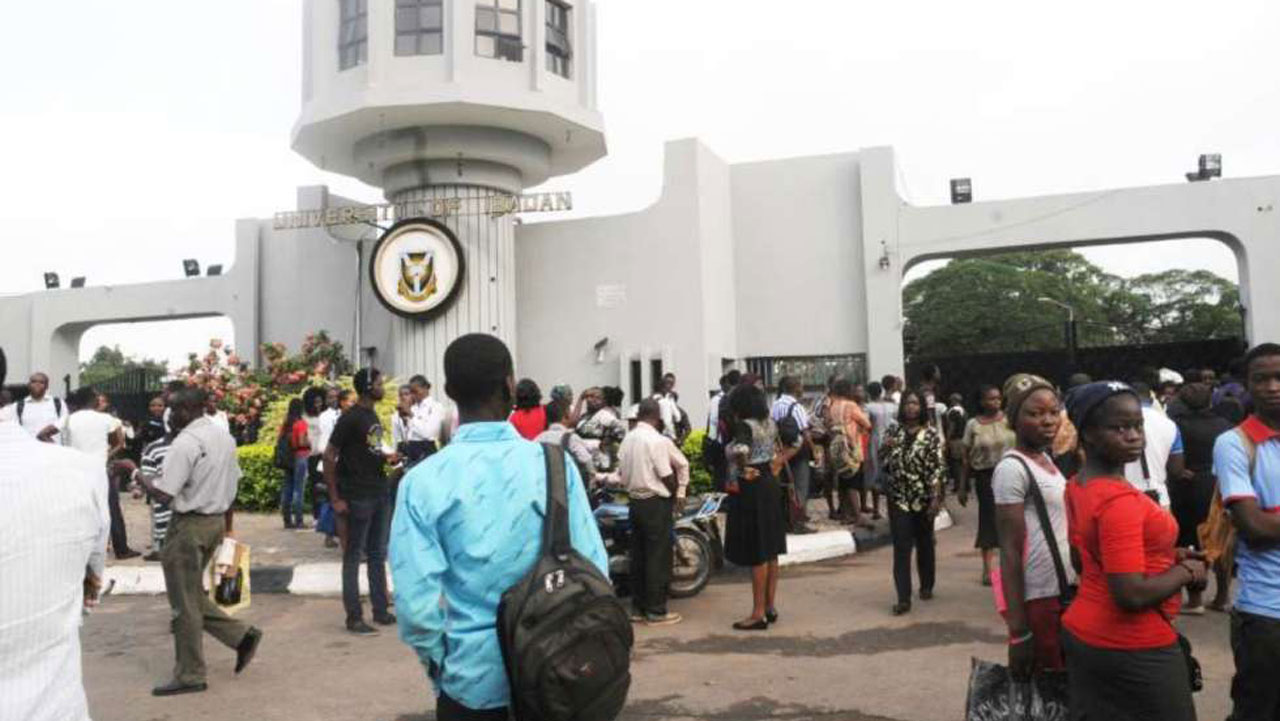
A sociology professor, Dr. Kudus Oluwatoyin Adebayo, has become the pioneer winner of the Rahmon Bello Award for the best thesis in African and Diaspora Studies.
JOIN US FOR MORE ON:
or
or Follow us on WhatsApp Channel
Adebayo’s PhD thesis entitled: “Migration and Settlement Experiences of Nigerians in Guangzhou, China”, was adjudged the best of 29 entries submitted to the Institute of African and Diaspora Studies (IADS), University of Lagos (UNILAG), said organizers of the competition.
He was allotted with a cheque of $1,000 at an award ceremony graced by the UNILAG Vice-Chancellor, Prof. Oluwatoyin Ogundipe, his predecessor and part-sponsor of the award, Prof. Rahmon Bello, and other principal officers, old and new, at the institute last Tuesday.
Dr. Ayodele Bello of the University of Lagos was first runner up for his work, “Stylistics of identity and ideology in alternative Yoruba music textuality”, while Dr. Nonzuzo Mbokazi of the University of Cape Town was named second runner up for her thesis titled: “Understanding child care choices among low-income employed mothers in urban and rural KwaZulu-Natal.”
Director of IADS, Prof. Muyiwa Falaiye said entries were delivered from all over Africa, including South Africa, Zimbabwe – with the majority coming from Nigerian universities.
“We received 29 theses which were assessed by three people. We never knew we would receive these many theses. We received these from South Africa, Cameroun, and very many universities in Nigeria,” he said.
Falaiye thanked the university management led by Prof. Oluwatoyin Ogundipe for benefiting the institute’s quest to be a center of excellence for African research, adding that IADS had attracted grants of over one million dollars.
He also honored Bello for assisting the institute to get sponsorship for future editions of the prize.
Chairman of the Selection Committee, Distinguished Professor Ayodeji Olukoju said he and two other members of the committee, Prof Akin Akinyoade from Leiden University, The Netherlands, and Prof. Akin Iwilade of the University of Edinburgh, UK, were unanimous in their independent assessment of the top three winners.
“Surprisingly, the top three candidates emerged by a unanimous decision. It was observed, however, that several candidates performed unevenly across the eight criteria adopted in the scoring. In the end, the winners were those who performed evenly across those categories,” he said.
Reacting to his win, Adebayo confessed he was extremely happy that the award came from an indigenous institution, saying it was rare to be admired locally.
“I am excited to receive this honor – particularly because this study was carried out locally. Ph.D. researchers work without recognition for their work,” he said.
Ogundipe announced that the university would continue to assist the institute to promote scholarly activities.
